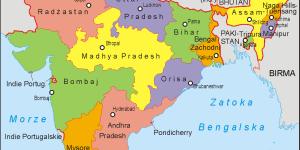How Old Are the Oldest Cities in the World?


Cities have always played a central role in human history. While today's cities impress us with their modern advancements, some cities have histories stretching back so far that it's hard to imagine. These ancient places have seen a lot. From the beginnings of farming, the development of writing, the rise and fall of empires, and the long process of societal change. From the first settlements in the Middle East's fertile valleys to the important cities of the Mediterranean, each one offers a unique glimpse into human creativity, perseverance, and drive.
This oneHOWTO article explores the 10 oldest cities in the world and shares some fascinating facts about each.
- Jericho (Palestine)
- Damascus (Syria)
- Byblos (Lebanon)
- Aleppo (Syria)
- Susa (Iran)
- Fayoum (Egypt)
- Luxor (Egypt)
- Athens (Greece)
- Rome (Italy)
- Vienna (Austria)
Jericho (Palestine)
Jericho, located in Palestine, holds the distinction of being the world's oldest known city. Archaeological evidence suggests human settlement there began around 9,000 BCE, making it one of humanity's first permanent urban settlements.
Perhaps most fascinating is Jericho's ancient wall system, which is the oldest known defensive wall in the world, built well before the invention of pottery. This fortification included a stone tower nearly 28 feet (8.5 meters) high, demonstrating surprisingly advanced engineering for such an early period in human history.
Did you know that while Jericho's walls stood 28 feet tall, today's architectural achievements reach heights of over 2,700 feet? Discover the incredible structures that are making history in our modern era.
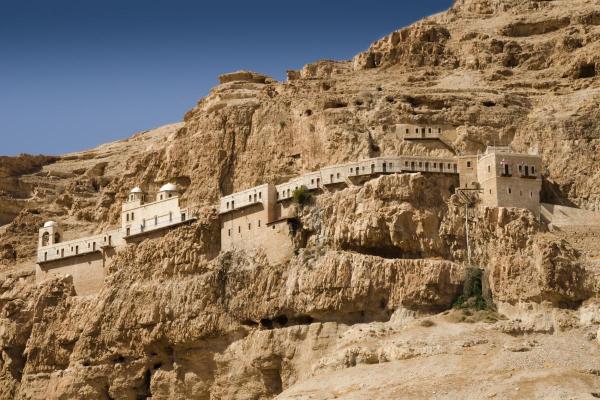
Damascus (Syria)
Damascus, Syria's capital, emerged around 8,000 BCE along the banks of the Barada River.
For millennia, it has served as a vital cultural and commercial hub in the Arab world, maintaining its significance through countless civilizations. The city gave its name to damask fabric and Damascus steel, a legendary metal known for its distinctive watery pattern and exceptional strength, used in making some of history's finest swords.
The ancient Damascus bazaar, Al-Hamidiyah Souq, remains one of the largest and oldest markets in the world.
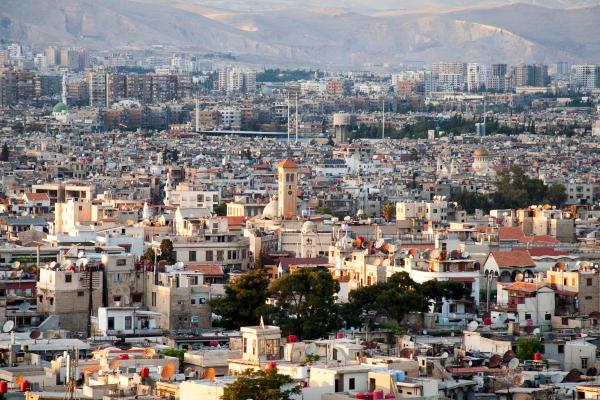
Byblos (Lebanon)
The Lebanese coastal city of Byblos, known locally as Jbeil, was established around 5,000 BCE.
This Mediterranean gem played a crucial role in Phoenician civilization and later flourished under Roman and Byzantine rule, serving as a major trading port throughout its 7,000-year history.
Intriguingly, the English word "Bible" derives from Byblos, as the city was the main producer and exporter of papyrus in the ancient world, and the Greeks took their word for book ("biblos") from the city's name.
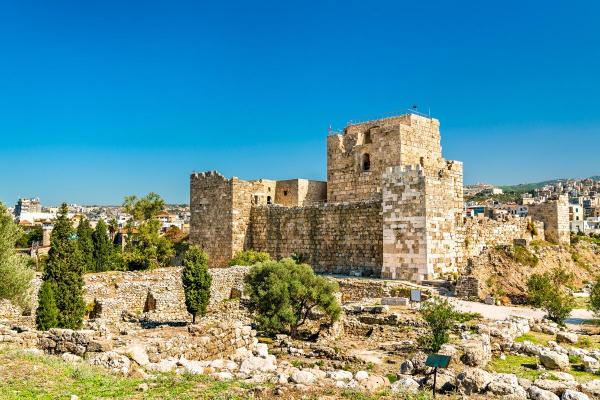
Aleppo (Syria)
Aleppo, or Halab in Arabic, dates back to approximately 4,300 BCE. Located in northern Syria near the Turkish border, it developed into one of the most influential centers of trade and culture in the Arab world.
According to local legend, Abraham (Ibrahim) milked his cows on the hill where the Citadel of Aleppo now stands, and distributed the milk to the poor, giving the city its Arabic name "Halab" (meaning "milked").
The city's famous soap, made with olive oil and laurel, became so renowned that European nobility specifically requested it. Discover how this historic city's most treasured artisanal tradition continues to captivate the world today.

Susa (Iran)
In southwestern Iran, the ancient city of Susa emerged around 4,000 BCE.
This remarkable city served as the capital for several major civilizations, including the Elamites and Achaemenid Persians, leaving behind an incredibly rich archaeological heritage. One of the most significant discoveries in Susa was the Code of Hammurabi, the ancient Babylonian law code, which was found here in 1901.
The city also housed one of the most magnificent palaces of the ancient world, built by Darius I, featuring materials from across his vast empire.
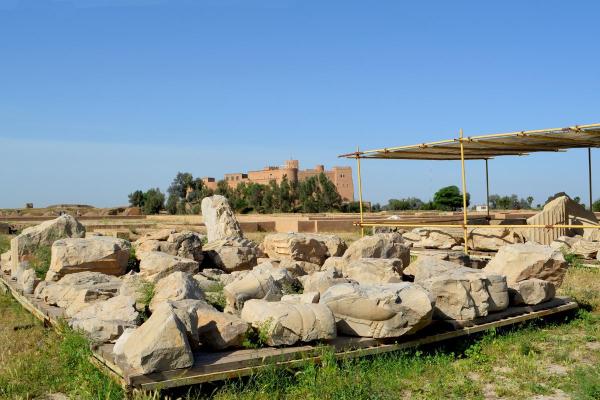
Fayoum (Egypt)
Egypt's Fayoum, founded around 3,000 BCE, is notable for its unique location near an ancient lake. This oasis region has been crucial to Egyptian agriculture for thousands of years, particularly flourishing during the Greco-Roman period.
The region is famous for its "Fayum portraits", remarkably lifelike funeral portraits painted on wooden boards that represent some of the oldest surviving examples of portrait painting in the world. These haunting images provide an intimate glimpse into ancient Egyptian-Roman society.
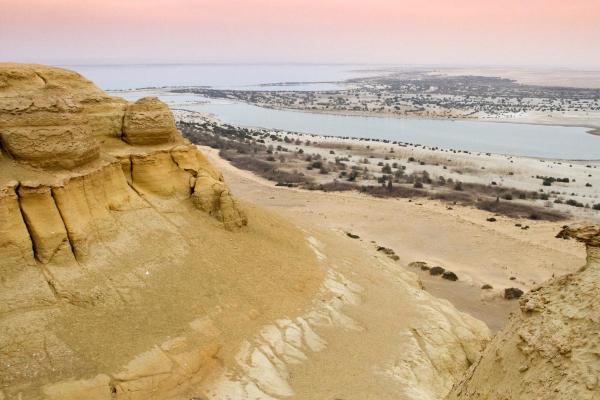
Luxor (Egypt)
Luxor, once known as Thebes, was established around 2,000 BCE and became the magnificent capital of Egypt's New Kingdom. Situated along the Nile River, it remains home to some of the most spectacular monuments of ancient Egyptian civilization.
The city is often called the world's greatest open-air museum, and remarkably, about one-third of the world's ancient monuments can be found here. The Temple of Karnak, the largest religious building ever constructed, could fit three Notre-Dame cathedrals within its walls.
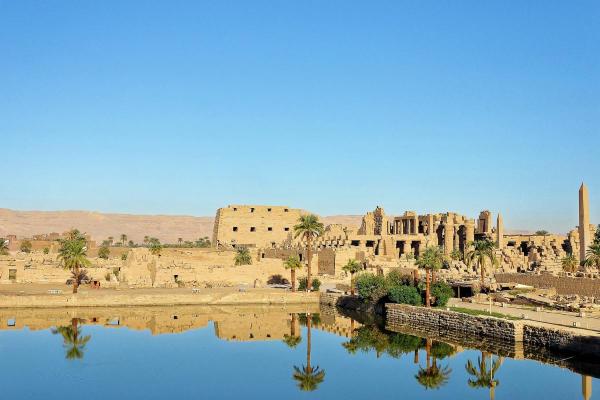
Athens (Greece)
Athens, also founded around 2,000 BCE, grew to become one of history's most influential cities.
As the birthplace of democracy and a center of classical Greek civilization, its impact on philosophy, politics, and the arts continues to resonate today. A lesser-known fact is that ancient Athenians were required by law to attend theater performances, which were considered vital for moral and civic education. The city state would even pay poor citizens to attend theatrical productions.

Rome (Italy)
Rome's founding in 753 BCE marked the beginning of what would become one of history's greatest empires. For over a millennium, it served as the capital of the Roman Empire, creating a unique fusion of cultures that shaped European civilization.
The city's ancient engineers were so skilled that some of their roads and aqueducts are still in use today. The Romans also invented concrete that could set underwater, a secret lost for centuries until modern times. The Pantheon, built using this technology, still stands as the world's largest unreinforced concrete dome.
While these ancient streets witnessed countless historical moments, they also gave birth to some of our most beloved celebrations. Uncover the surprising origins of a festival that changed the world.

Vienna (Austria)
Vienna's story begins around 500 BCE as a Celtic settlement called Vindobona. Later becoming a Roman military camp in the 1st century CE, it evolved into a crucial frontier post along the Danube River before eventually developing into a major European capital.
During the Roman period, Vindobona was home to approximately 30,000 people and served as one of the empire's most important military bases on the Danube frontier. Archaeological evidence suggests that Emperor Marcus Aurelius may have written part of his philosophical work "Meditations" while stationed here during the Marcomannic Wars.

If you want to read similar articles to How Old Are the Oldest Cities in the World?, we recommend you visit our Learning category.



